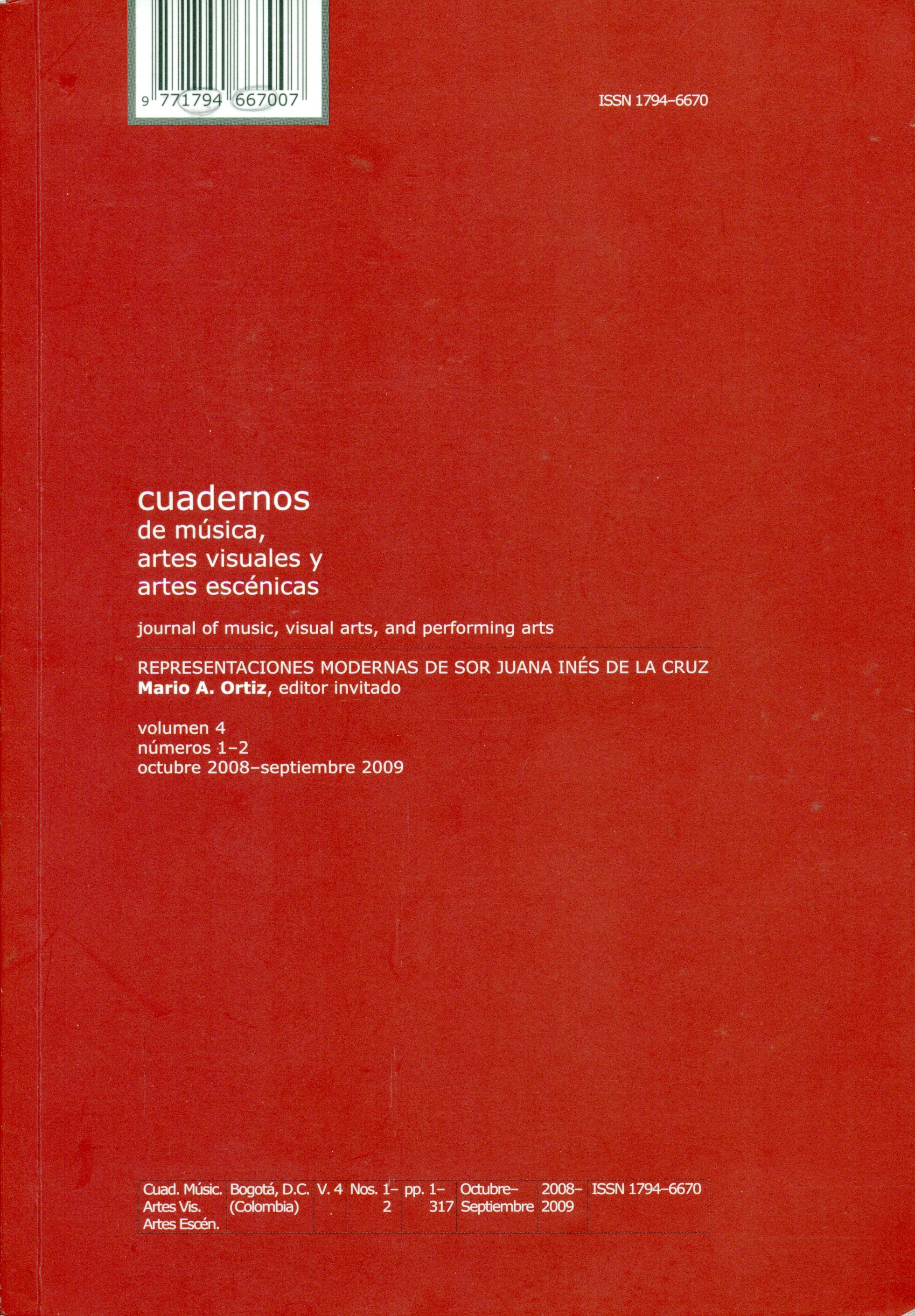Resumen
This study analyzes the work of Sor Juana Inés de la Cruz and the testimonial novel of Elena Poniatowska, Hasta no verte Jesús mío (1969), in order to discover the androgynous subjectivity of both the novohispanic poet and the protagonist of Hasta no verte, Jesusa Palancares. The object is not simply an exercise in identifying the androgynous characteristics of one or the other woman but to demonstrate how, in the context of the predatory patriarchies that victimize both of them, each develops the masculine aspects of her being as a strategy to cope with stress and the concrete problems caused by her situation, that of Sor Juana being that she is a disobedient nun and that of Jesusa being that she is abused, Indian, extremely poor and pugnacious. The other strategy that each woman pursues consciously is spiritual in nature: neither Sor Juana, a Catholic nun, nor Jesusa, daughter of a Catholic family, follows the dictates of her traditional religion. That the nun publishes her explorations of hermetic–gnostic beliefs is more scandalous and even dangerous, but in the case of the illiterate Jesusa, it is equally notable that she should seek intellectual studies that will bring her to understand gnostic concepts. Both are finally repudiated by their religious communities, but they accept their punishment without losing their independence of thought nor the liberating condition of their androgyny.Esta revista científica se encuentra registrada bajo la licencia Creative Commons Reconocimiento 4.0 Internacional. Por lo tanto, esta obra se puede reproducir, distribuir y comunicar públicamente en formato digital, siempre que se reconozca el nombre de los autores y a la Pontificia Universidad Javeriana. Se permite citar, adaptar, transformar, autoarchivar, republicar y crear a partir del material, para cualquier finalidad, siempre que se reconozca adecuadamente la autoría, se proporcione un enlace a la obra original y se indique si se han realizado cambios. La Pontificia Universidad Javeriana no retiene los derechos sobre las obras publicadas y los contenidos son responsabilidad exclusiva de los autores, quienes conservan sus derechos morales, intelectuales, de privacidad y publicidad.
El aval sobre la intervención de la obra (revisión, corrección de estilo, traducción, diagramación) y su posterior divulgación se otorga mediante una licencia de uso y no a través de una cesión de derechos, lo que representa que la revista y la Pontificia Universidad Javeriana se eximen de cualquier responsabilidad que se pueda derivar de una mala práctica ética por parte de los autores. Como consecuencia de la protección brindada por la licencia de uso, la revista puede publicar retractaciones o corregir la información ya publicada. La publicación de contenidos en esta revista no representa regalías para los contribuyentes.


